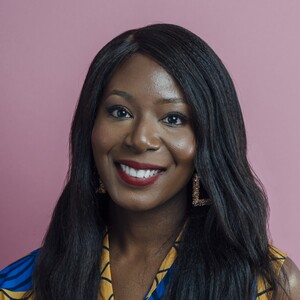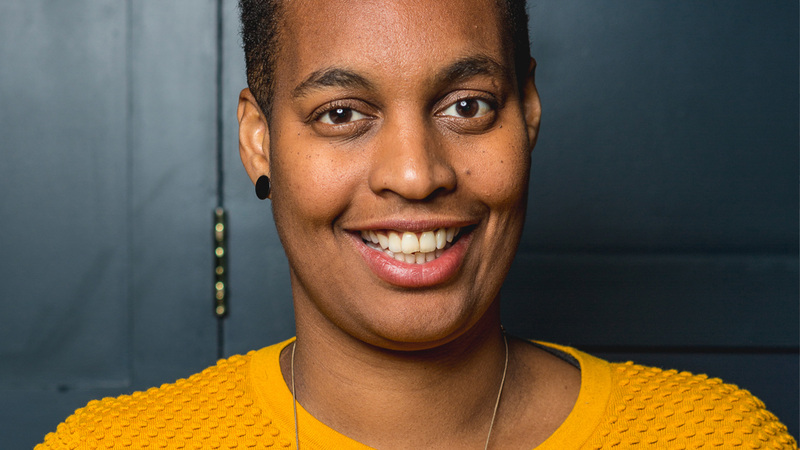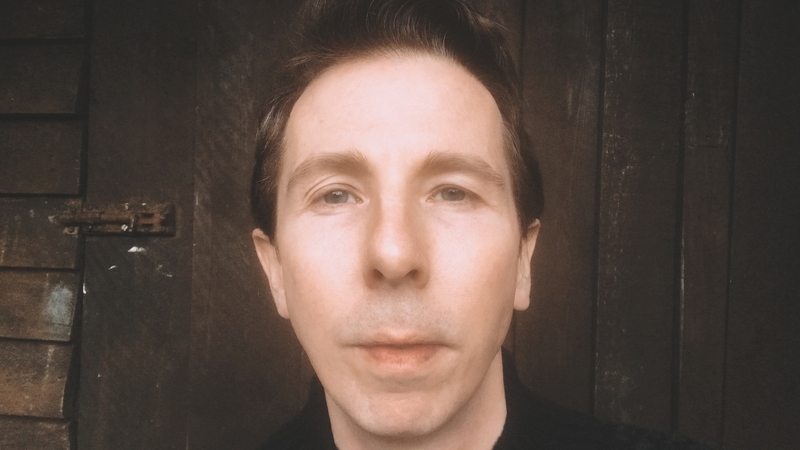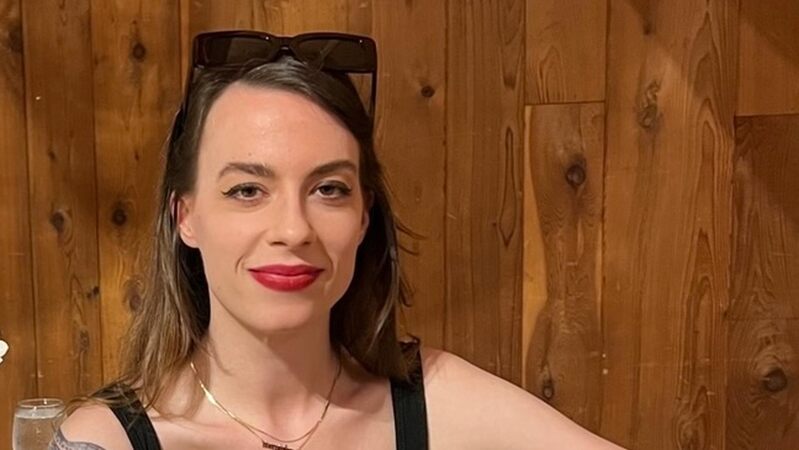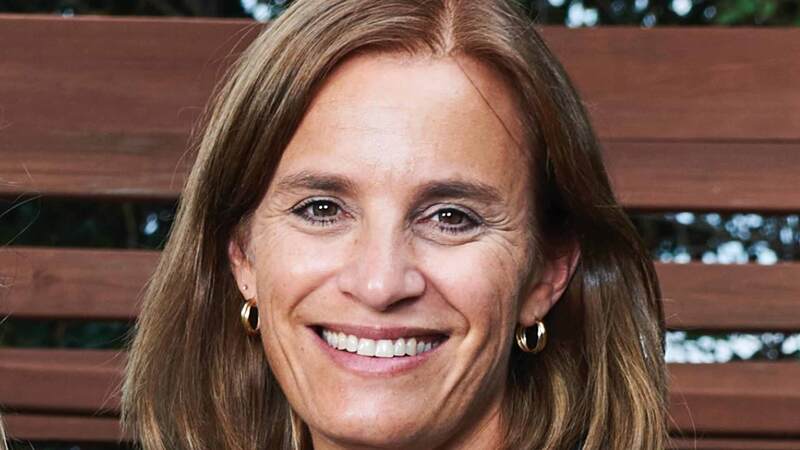You are viewing your 1 free article this month. Login to read more articles.
Yinka, where is your editor? Part 5
Debut author of Yinka, Where is Your Huzband, Lizzie Damilola Blackburn, and her editor Katy Loftus at Penguin, dish the dirt on the reality behind the dream of being published. Read the previous part here.
THE AUTHOR: LIZZIE DAMILOLA BLACKBURN
My family members will be delighted to hear that this column may be the last one I write on editing. ‘At last!’ I can hear my uncle exhale. As I type, my manuscript is being sent off to a copyeditor to check. So what have I been up to since my last post? Yup, you’ve guessed it. More editing – this time what they call ‘line edits’. Well, they do say Rome wasn’t built in a day…
However, this time round, despite the tight turnaround, the editing wasn’t as intense; I had put in a lot of work already to sort out all the big issues. Including fixing one of the subplots, where something BIG is revealed that explains why two characters are always at odds. In my third column, I talked about how Katy and I had different views on how to resolve this, and I decided to go with my gut. Well, I’m pleased to say that Katy said, “I nailed it!” As she put it beautifully, “Editing at its best is a conversation that ends up with an even better result than either of you would’ve achieved on your own.”
And this is what the editing process has taught me: just like the saying, ‘it takes a village to raise a child’ – well, it takes a team of hard-working, kick-ass editors to make a novel shine. Yes, the writer is the main driver, but like all drivers, we have blind spots, and this is where our editors (or engineers if we’re going with the car analogy) come in. You see, when you write a novel, you don’t get an instruction manual on how to do it, like you do when you buy a table from IKEA. No one tells you what bit goes where. You go with the flow; you trust your instincts. Editors, on the other hand, have a different type of instinct. They can see that a sprinkle of description here will help bring a character to life, and a pinch of humour here will be cathartic, and a dose, just a small dose, of backstory here will make the scene more moving. In a way your editor is the IKEA instructions.
When I received my manuscript with Katy’s line edits, I was so impressed with her suggestions. It’s amazing how a tweak here and there can make a scene pop. Also, I noticed that she was suggesting things that Yinka, my protagonist, would think, say or do. Bear in mind, Katy’s a white woman from Birmingham and Yinka’s a British Nigerian from South London. But when you’ve been editing for years, you clearly build the muscle to place yourself in a character’s shoes and hear their ‘voice.’ Though she didn’t pretend to know it all, particularly the cultural references.
Instead, she commissioned two brilliant British Nigerian editors to fill in this gap, Maria and Deborah. And let me just say, thank God she didn’t just rely on my knowledge! Otherwise, some Yoruba words would have been used in the wrong context. (Face palm emoji.) As for the Black cultural references, I loved that anytime I mentioned something that helped inspire me to write my book, Katy would go away and look it up. Thanks to moi, she is now an avid fan of TV shows like "Insecure" and "Girlfriends", and I love that we can digress and chat about who we think Issa would end up with (I think Nathan!) when we have our catch-ups.
When I began writing this column, I didn’t know where it would lead me; turns out a whole lot of editing highs and lows! And I promise that next time we’ll give you something different (I hear rumours of a cover…) However, given I’m now nearing the end of the editing process, what better way to wrap up this chapter by saying thank you. Thank you, Katy, Pam, your assistants, Vikki and Jeramie for all your input along the way. And to Maria and Deborah – thanks to you, my novel is way more authentic. And of course, I have to give a shout-out to my equally kick-ass agent, Nelle. We’ve had hundreds of back-and-forths. Literally. I’ve lost count of how many versions of my manuscript I’ve saved on my laptop! But I wouldn’t have it any other way. Thanks to you, Yinka, Where is your huzband? is now at another level, if I dare say so myself. And whatever the reception to it may be when it comes out next year, it will always be a story that I’m deeply proud of.
THE EDITOR: KATY LOFTUS
Monday was a big moment in the life of Yinka. We handed over to the copyeditor. Woo hooooo! After six months of editing, my part was done. I’m not done-done of course, and in the following posts you’re going to hear about things like the cover, design, and how we come up with campaign ideas. We might even discover what the hell ‘buzz’ is…! But I want to devote this post to the final piece of the editing work, which Lizzie mentioned above, particularly the involvement of two amazing editors.
When I was considering publishing Yinka, I knew that as a white editor there would be specific responsibilities. I’ve always tried to publish and promote a wide array of voices that speak beyond my own experience, but it’s not enough to just acquire those books and hope for the best. I have to adjust the way I publish them.
First, I knew that as the person Lizzie would speak to most at the publishing house, she needed to feel heard and able to ask me anything she wanted to. Second, that I needed to be careful not to impose my own cultural references and biases onto the book itself. When we spoke for the first time, before we’d even done the deal, I said that I would make sure that there were multiple eyes on her manuscript. Not that this is a new thing – I’ve always encouraged the authors I work with to get as many beta readers as possible, particularly when they’re writing about characters they don’t share common life experiences with, and to listen to their harshest critics (normally their mum). But in this case it was a bit different. As well as helping the author, these editors were helping me.
Deborah Balogun and Maria Adebisi – you can find them both on Twitter – both brought very different and hugely valuable things to the novel. Deborah did a line edit and Maria did a beta read. From pointing out that it might not be that common to eat jollof and ofada stew together, to advice about the naming of a baby whose father was Igbo. Talented and insightful editors both, they gave me and Lizzie the confidence to know that South London, British-Nigerian culture was being well represented. The glowing report they both gave of the overall reading experience, was also, I’m not going to lie, a massive boost for us at a time when we were both pretty exhausted!
With their help I could focus on the things I know: narrative arc, pace, sentence structure. I suggested Lizzie cut a chapter because nothing crucial was happening in it and the pace was a bit too slow at that point. I pointed out she uses the word ‘blurt’ a lot! I suggested that the ‘cat scene’ doesn’t make complete sense if the guy is also meant to be holding a bottle of wine and two glasses at the same time (spoiler alert: brilliant cat scene involved!)
And something amazing happened, as it often does when I’m editing the work of a talented writer. I found myself suggesting things here and there that I thought Yinka might do or say in a scenario. (Have you ever had that, where you read a book and suddenly it feels like all the thoughts you have that day are said how that character would say it?) Obviously I didn’t get it right all the time, and I made sure Lizzie knew I was suggesting the kind of things rather than the actual things Yinka would say, but it gave me confidence that I was the right editor for this book, and that Lizzie and I shared a sensibility that we both first noticed when we spoke on the phone.
Lizzie, as always, was like a serene yoga instructor, calmly saying yes and no to things and somehow turning around the final part – after Pam Dorman, her US publisher had done a final-final read – in a couple of days. One of the outcomes of having so many people involved was that it took about twice as long as usual! But I feel like we’ve run a marathon – actually, one of those multiple marathons – together, and we are stronger for it. I am now SO excited to get to the different but equally fun parts of publication!
